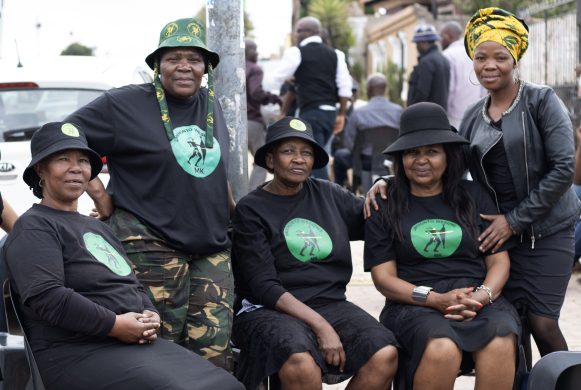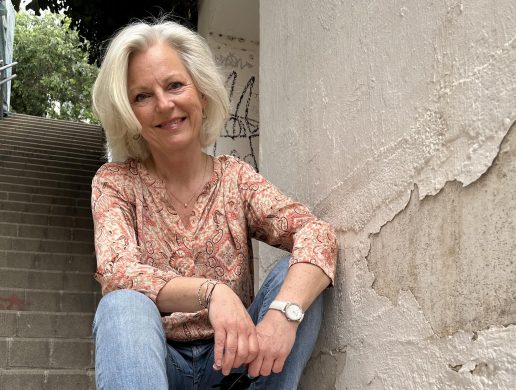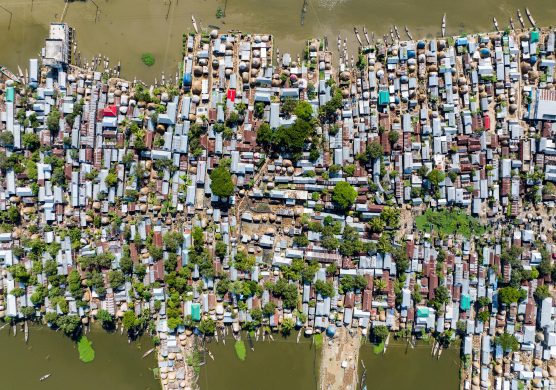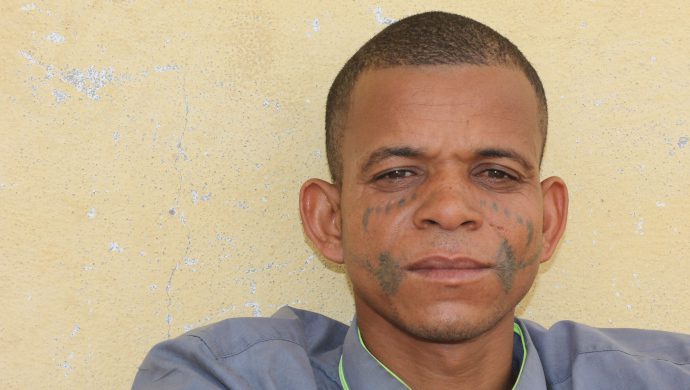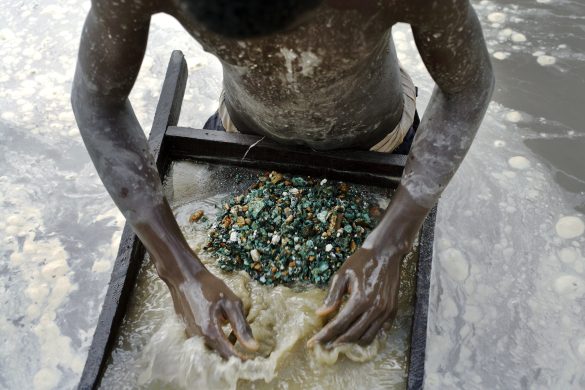Hvis skrøbelige stater skal have en chance for at kunne stå på egne ben, skal de hjælpes til at opbygge skattesystemer, der kan sikre staten indtægter. Men blot 0,7 procent af bistanden til skrøbelige stater går til det. Ikke godt nok, siger OECD.
PARIS, 6 february 2014 (OECD): International donors are not doing enough to help fragile states increase their domestic revenue, according to a new OECD (de rige landes samarbejdsorganisation) report that shows only a tiny fraction of development aid goes into programmes to improve tax collection.
Fragile States 2014: Domestic Revenue Mobilisation finds that just 0.07% of official development assistance (ODA) to fragile states is directed towards building accountable tax systems. Donors could also do more to channel aid into programmes that harness migrant remittances as another source of sustainable and home-grown development finance.
Smartere bistand
Smarter use of aid to support tax revenues and remittances would help countries to become gradually less aid-dependent. This is particularly relevant for fragile states — those marked by conflict, instability and weak institutions – which struggle to attract foreign investment.
Donors pledged as far back as 2002 to make it a priority to help poor countries mobilise more domestic revenues. Yet fragile states still collect less than 14% of their gross domestic product in taxes on average, well below the 20% level considered necessary to meet poverty goals. Afghanistan, Ethiopia and Pakistan have tax collection rates below 10% of GDP.
“Donors are not fulfilling their promises to focus more on domestic revenues,” said Jon Lomøy, Director of the OECD’sDevelopment Co-operation Directorate. “We are missing out on a vital opportunity to invest in smart aid.”
Kun få tusinde dollars bruges på skattesystemer
Accountable tax systems are crucial to state-building, but the amount of aid assigned to building them is near to negligible next to the 18% of ODA that goes towards economic infrastructure like transport, communications and energy systems, the 12% spent on health or the 7% spent on education. In Côte d’Ivoire, Ethiopia and South Sudan, just a few thousand dollars of aid money a year are spent on domestic revenue mobilisation.
Poverty experts are increasingly concerned about fragile states as they are home to a steadily rising share of the world’s poor and yet they are seeing aid levels taper off.
Over a third of those living on less than 1.25 USD per day are in the 51 countries the OECD views as fragile and the share is set to rise to a half by 2018. ODA to fragile states fell by 2.4% in 2011, by 0.3% in 2012 and is likely to shrink further. Remittances equate to double the level of aid going to fragile states. Foreign direct investment is only half of the size of aid.
Tax Inspectors Without Borders
The 2014 Fragile States report recommends ways to direct more aid into projects that can expand tax collection while also helping to build accountability and create a social contract between states and citizens. A related OECD initiative, Tax Inspectors Without Borders, will be launched in 2014 to help poor countries combat tax evasion.
The 51 countries on the OECD’s monitoring list of fragile states include the Central African Republic, Haiti, North Korea and South Sudan. Countries added to the list in 2014 include Egypt, Libya, Syria and Mali. Iran and Rwanda were among those removed.
Download rapporten Fragile States 2014: Domestic Revenue Mobilisation (PDF, 104 sider).
Download et kort resumé af rapporten (PDF, 2 sider).
Læs mere om OECD’s arbejde med skrøbelige stater: http://www.oecd.org/dac/incaf





